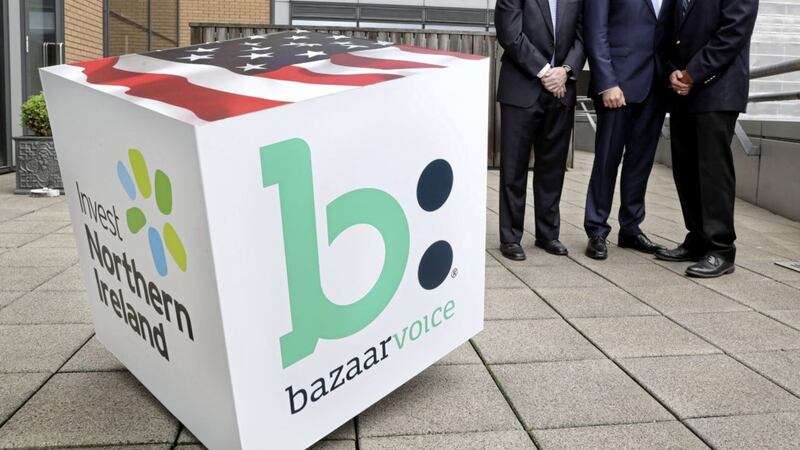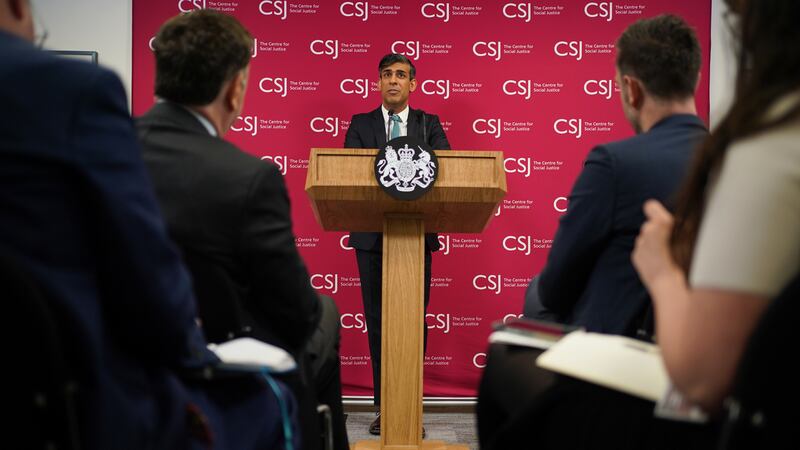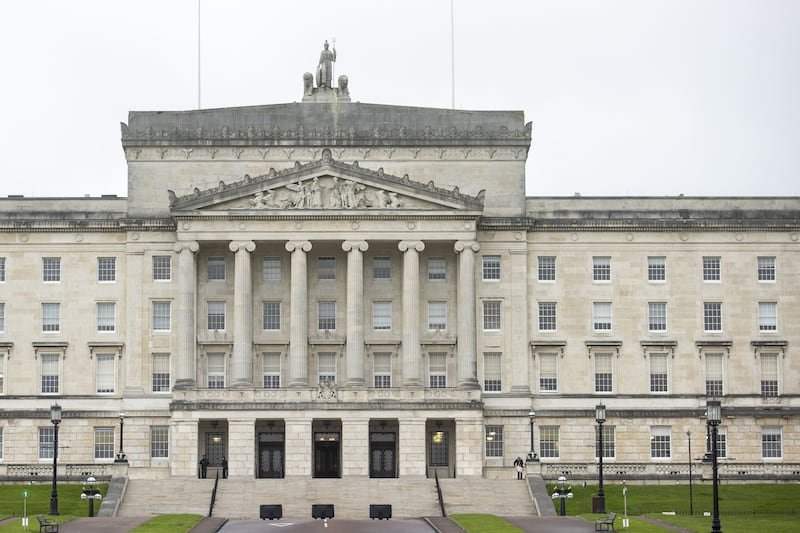JOBS quango Invest NI has broken with protocol by challenging its paymasters over a proposed 40 per cent slashing of its budget which will leave businesses in the north to go-it-alone in the post-Brexit era.
The £26 million cut would mean the agency having insufficient resources to attract foreign businesses or maintain its current level of support for local firms, while the reduced tax-take from fewer jobs will impact councils and impact services like health and education.
Invest NI might also have to scale back on its programme of expansion into non-EU regions, where in the last year alone it has set down roots in Sydney, Hong Kong, Toronto and Santiago.
In a document seen by the Irish News, agency chief executive Alastair Hamilton says he was kept in the dark over the Department of Finance's 2018-2020 budgetary outlook, having no input into the process nor visibility of the various scenarios until "the last few days".
And he has taken what he acknowledges is the "unusual step" of writing to the DoF (its new permanent secretary Sue Gray was appointed last week from the Cabinet office in London) over the severity of the cuts which he believes it is about to apply to the Department for the Economy.
Mr Hamilton, who rose to prominence with BT and later became economic adviser to First Minister Ian Paisley before taking over the Invest NI post in April 2009, insists the £26m reduction in its budget over the next two years would have "long term damaging effects on our economy at a time when our businesses most need support".
He says the consultation process on the budgetary outlook has been exclusively at a departmental level, and arm’s length bodies such as Invest NI have had no input into the thinking of the report's authors.
In a letter to a number of senior business figures he said: "Given the severity of the proposed scale of the cuts likely to apply to the DfE, and their subsequent allocation of these to Invest NI, our board has taken the unusual decision to publicly and directly respond to the consultation."
However, so late was he made aware of the situation that his letter and detailed five-page briefing document was only sent last Thursday, just ahead of the consultation process closing on Friday.
Invest NI sets out two doomsday resource budget scenarios, assuming that it will have just £109m a year to spend under the new arrangements.
In year 2018/19 some £83m has already been committed, and of the remaining £26m, some £11m would be slashed off (42 per cent), leaving the available amount for new business at £15m. The following year it would have just £3m more under the same scenario.
If such cuts are approved, there will be nothing available to help prepare for Brexit, and having fought hard to become the UK location of choice for inward investors, the north's ability to attract further investment would be "severely limited", it says.
It points to a marked deterioration in R&D support and investment impacting knowledge economy, a likely increase in unemployment, and with fewer jobs being created leading to a reduced tax-take, there would be less funds to support essential public services like health and education.
Invest NI currently has around 4,000 committed grant offers, with future legally-binding financial commitments of £250 million.
Last year the agency contributed £152 million of direct support to businesses in the north, leveraging more than four times that (£660m) in investment and helping promote 5,600 new jobs across sectors like agri-food, digital, creative technologies, advanced engineering and manufacturing.








